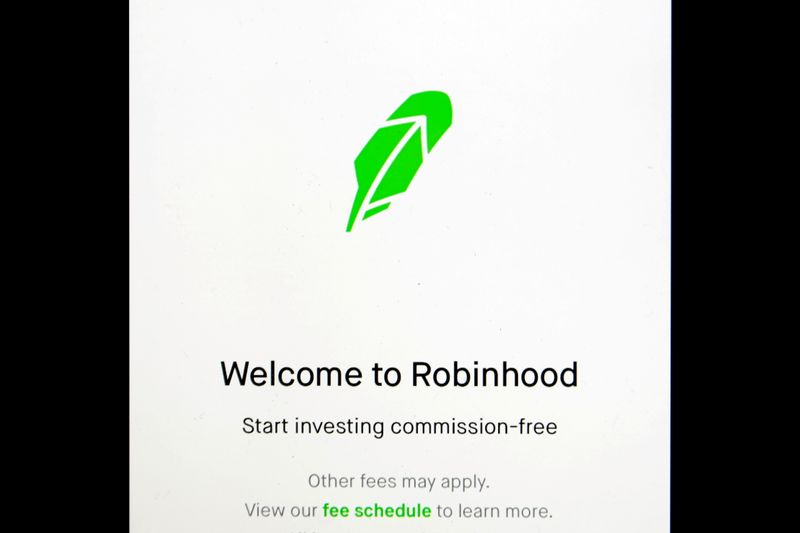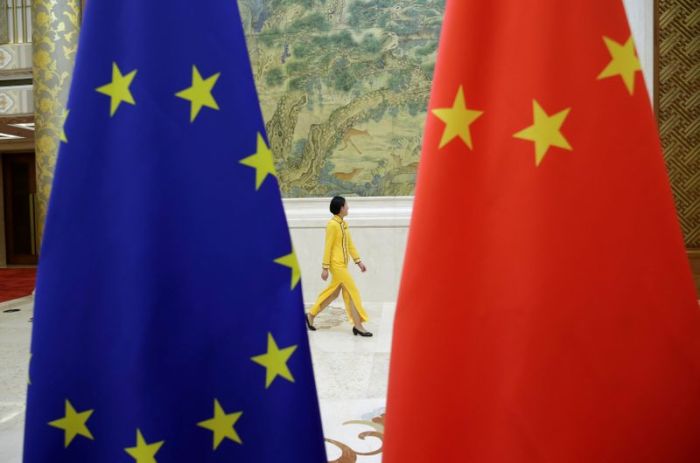(Reuters) -Robinhood Markets Inc on Thursday unveiled a new platform that will give retail investors the opportunity to buy shares in initial public offerings, something that has long been the exclusive domain of Wall Street funds.
The popular online brokerage startup, which is preparing to make public its own IPO paperwork in the coming weeks, is rolling out the investing platform in phases for users of its trading app, a step in its quest to “democratize” finance.
Reuters was first to report plans for the new product, called IPO Access, in March. Sources have also told Reuters that Robinhood will set aside some of its own shares, expected to be floated in a blockbuster debut, for sale on the platform.
“Most IPO shares typically go to institutions or wealthier investors. With IPO Access, everyday investors at Robinhood will have the chance to get in at the IPO price,” Robinhood said in a blog post.
Robinhood will work with Wall Street investment banks to get allocations for retail investors, it said.
Robinhood said the new platform will be available to all customers, without any account limit restrictions. It plans to list a number of upcoming IPOs for customers.
While Robinhood did not identify specific offerings which would be available, FIGS Inc on Thursday became the first company to offer shares to retail investors this way. The maker of medical scrubs, face masks and shields is reserving 1% of its IPO offering of 22.5 million shares for Robinhood users.
Several big names, such as grocery delivery app Instacart, Brazilian digital bank Nubank and electric vehicle maker Rivian, are expected to go public later this year.
TAKING ON WALL STREET
Large institutional investors and funds have traditionally been the first in line for allocations on IPOs, as the investment banks that control share allocations find it easier to arrange it when only a handful of recipients are involved and because they need to keep these deep-pocketed clients happy to win other business.
That leaves most amateur traders with no option but to buy into stock of a newly listed company only after its shares start trading – which often means paying a higher price. The average first-day trading pop on U.S. listings of businesses in 2020 was 36%, according to data provider Dealogic.
Robinhood will gradually roll out IPO Access to all users in the coming weeks.
Online lending startup Social Finance (SoFi) also said in March that it would allow retail investors to buy into IPOs.
Robinhood’s move, if adopted more widely in stock market listings, would be another disruptive step forward for Silicon Valley tech companies that have been attempting to erode the iron grip of Wall Street’s biggest institutions on market flotations.
The new offering comes months after a Reddit-fuelled retail trading frenzy propped up several so-called “meme stocks,” most notably fledgling video game retailer GameStop Inc.
At the time, Robinhood faced widespread criticism over its decision to place restrictions on trading of the heavily-shorted stocks. Robinhood later said its clearinghouse forced it to place the curbs because it lacked sufficient capital to settle the trades.
(Reporting by Noor Zainab Hussain and Anirban Sen in Bengaluru and David French in New York; Editing by Saumyadeb Chakrabarty and Rosalba O’Brien)























